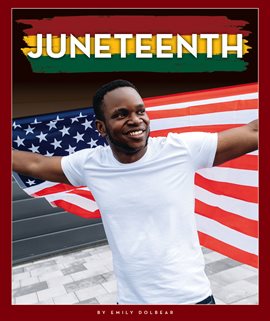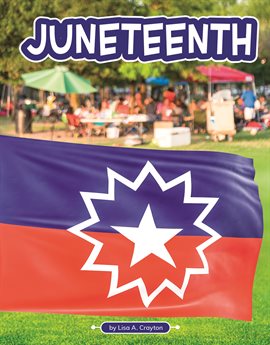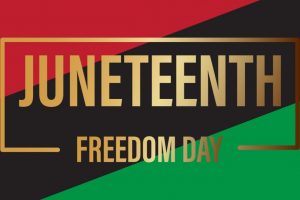
Virginia State Holiday
As of October 2020, Juneteenth is a permanent statewide holiday in Virginia. Virginians, like others across America will celebrate in various ways ranging from parades, dancing, visiting historical sites, to barbecues.
Federal Holiday
House of Representatives voted 415-14 to make Juneteenth (June 19th) a federal holiday. This followed the Senate’s unanimous passage of a resolution on the day before to establish June 19 as Juneteenth National Independence Day. President Biden signed the bill on Thursday, making Juneteenth National Independence Day a federal holiday.
This marks the first new federal holiday since Martin Luther King Jr. Day was founded in 1983. [https://deadline.com/2021/06/congress-approves-juneteenth-federal-holiday-house-vote-1234776677/]
Representative Sheila Jackson Lee, D-Texas, who sponsored the House rendering of the bill, stated upon its passage, ‘”It’s not often when you can stand on the floor of the House and use the terminology, ‘I feel full….Let us come together,” Lee said. “We are here to serve, and there’s more to come, in changing lives, for justice, equality and freedom. That is what happened today.’” Representative Carolyn Maloney, D-N.Y. remarked, ‘”Our federal holidays are purposely few in number and recognize the most important milestones….I cannot think of a more important milestone to commemorate than the end of slavery in the United States.’”
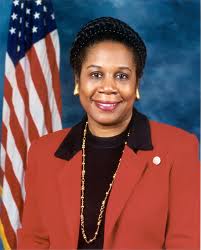
What is Juneteenth?
Juneteenth is the oldest national celebration of slavery’s end in the United States. On June 19, 1865 Union Major General Gordon Granger and over 2,000 Union soldiers reached Galveston, Texas. Texas was the most western Confederate state. Granger publicly read General Order No. 3:
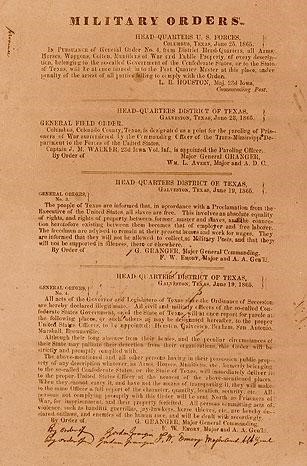
The people of Texas are informed that, in accordance with a proclamation from the Executive of the United States, all slaves are free. This involves an absolute equality of personal rights and rights of property between former masters and slaves, and the connection heretofore existing between them becomes that between employer and hired labor. The freedmen are advised to remain quietly at their present homes and work for wages. They are informed that they will not be allowed to collect at military posts and that they will not be supported in idleness either there or elsewhere.
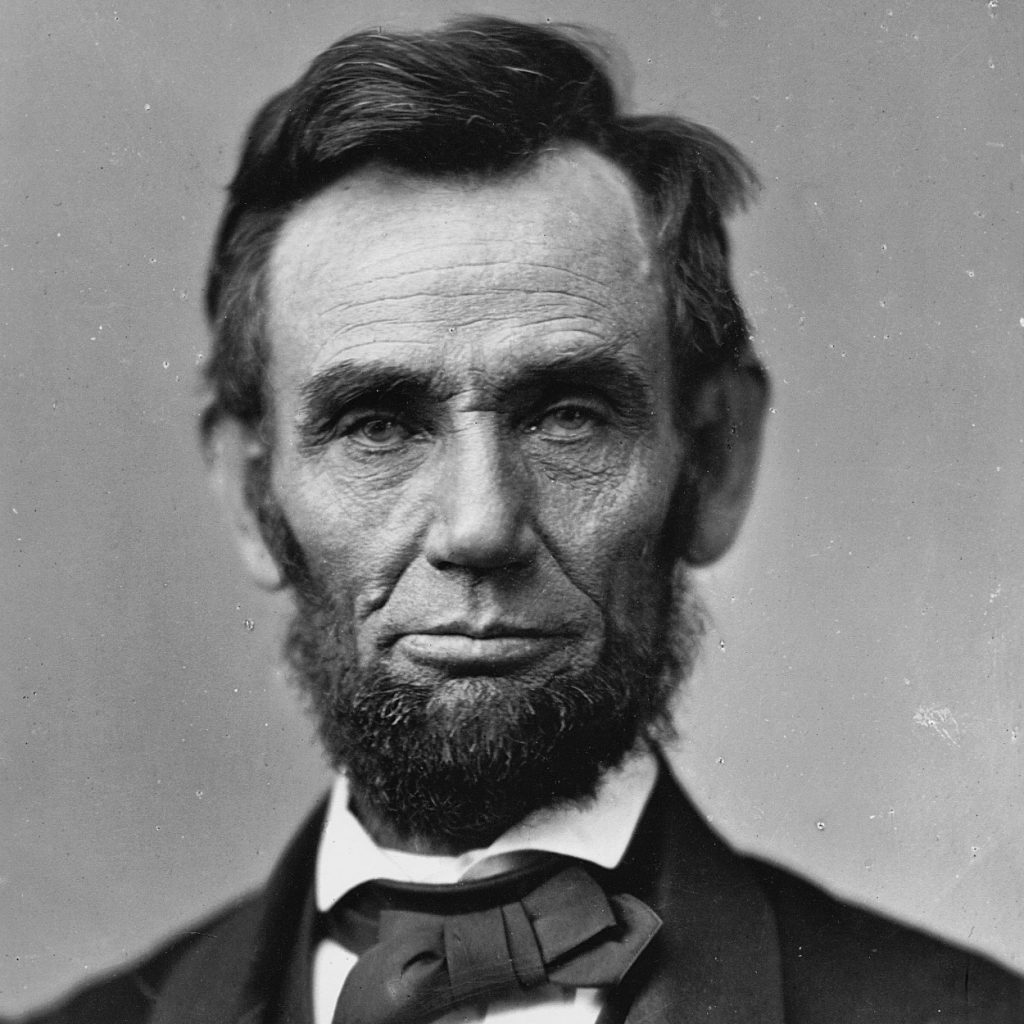
For the first time, the 250,000 enslaved people in Texas learned that President Abraham Lincoln’s Emancipation Proclamation, issued over two and a half years earlier on January 1, 1863, had freed enslaved people in the Confederate states. Because of the limited number of Union troops in Texas it had been difficult to enforce the Emancipation Proclamation before Granger’s arrival. Granger’s regiment had the forces to overpower resistance from Texas landholders. Some of the former enslaved people were shocked, others were in disbelief, and many probably were apprehensive about their future. They celebrated starting the tradition known as Juneteenth. Juneteenth got its name by combining June and 19. Juneteenth is also known as Freedom Day, Jubilee Day, Liberation Day, and Emancipation Day.
To learn more:
What Took So Long?
Why did it take so long for the enslaved people of Texas to hear the news of their freedom? One of the theories is news just traveled slowly. Consider it took two months for Confederate soldiers in western Texas to learn of Robert E. Lee’s surrender. What was behind the 30-month delay between Lincoln’s proclamation and news of the enslaved people of Texas’ freedom? One theory is that various Texans suppressed the announcement. Others conjecture that the initial messenger was murdered to stop the news from getting to Texas or maybe the federal government purposely delayed the news so that Texas slave owners could harvest one more cotton crop. Perhaps a more credible reason is that Lincoln’s proclamation just was not enforceable in the Confederacy until the Civil War ended.
Juneteenth Celebrations
Texans quickly began Juneteenth celebrations. In time, bordering Southern states like Arkansas and Louisiana adopted the custom. As African Americans migrated from Texas, Juneteenth spread to other regions of the country. Many consider Juneteenth essentially as a second Independence Day. Abolitionist and escaped slave Frederick Douglass asked in his 1852 asked in his 1852 Independence Day oration:

What, to the American slave, is your 4th of July? I answer: a day that reveals to him, more than all other days in the year, the gross injustice and cruelty to which he is constant victim
Over the decades Juneteenth’s popularity has fluctuated as our society experienced Reconstruction, Jim Crow, the Civil Rights movement, the Black Lives Matter Movement, and other struggles combating racism.
.
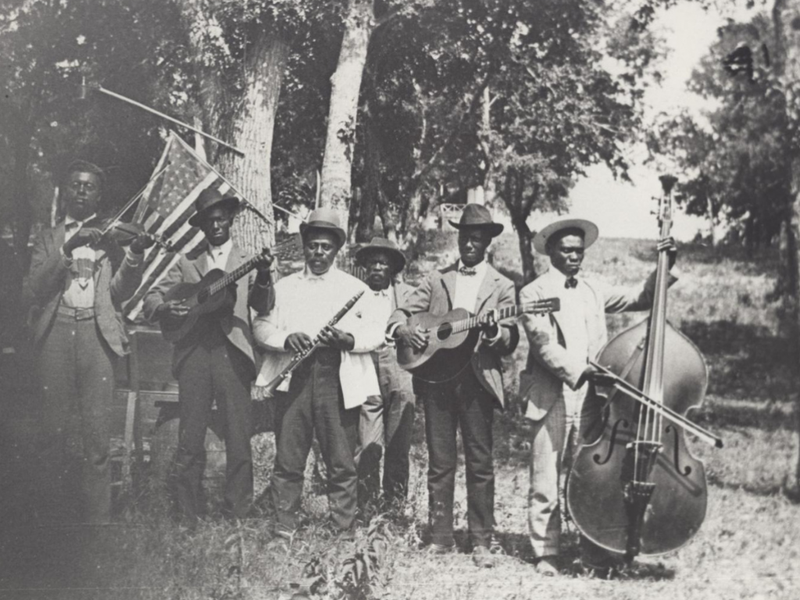
According to Chairman of the National Juneteenth Observance Foundation Reverend Ronald V. Meyers, Juneteenth is a poignant holiday, “a time of celebration, but also a time of reflection, healing, and hopefully a time for the country to come together and deal with its slave legacy.” http://nationaljuneteenth.com/History.html
Recognizing Juneteenth
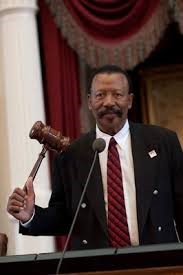
On January 1, 1980, through the work of Al Edwards, an African American state legislator, Texas became the first state to make Juneteenth an official state holiday. Edwards worked to make Juneteenth a national holiday. As a senator, Barack Obama co-sponsored similar legislation. During the outrage over the murder of George Floyd, Governor Northam initially announced his resolve to make Juneteenth an official paid state holiday, stating:
It’s time we elevate Juneteenth not just as a celebration by and for some Virginians, but one acknowledged and commemorated by all of us. It mattered then because it marked the end of slavery in this country, and it matters now because it says to Black communities, this is not just your history—this is everyone’s shared history, and we will celebrate it together. This is a step toward the Commonwealth we want to be as we go forward. https://www.governor.virginia.gov/newsroom/all-releases/2020/june/headline-858213-en.html
Today all but Hawaii, North Dakota, and South Dakota recognize Juneteenth as a holiday. “In recognizing the history of American freedom, advocates say, Juneteenth is as deserving of recognition as Independence Day.” Reverend Meyers believes, “We [blacks and whites] may have gotten there in different ways and at different times, but you can’t really celebrate freedom in America by just going with the Fourth of July.”
According to https://juneteenth.com/, “Juneteenth today, celebrates African American freedom and achievement, while encouraging continuous self-development and respect for all cultures. As it takes on a more national, symbolic, and even global perspective, the events of 1865 in Texas are not forgotten, for all of the roots tie back to this fertile soil from which a national day of pride is growing.” One man replied to a https://juneteenth.com/ post writing, “Let’s make Juneteenth a commemorative, not of the horrific institution our country embraced, but rather as a showcase of the strength in the American spirit to recognize wrong and set about making it right. In this same spirit America moves ahead today in leveling playing fields and achieving ever greater equality. Let us celebrate all that Juneteenth teaches us about our country’s greatness in our use of the heart to hear and to learn and to work together for all that is good and just.” https://juneteenth.com/
Library Resources
The Richmond Public Library has a number of resources to learn more about Juneteenth. Below are just a few:
